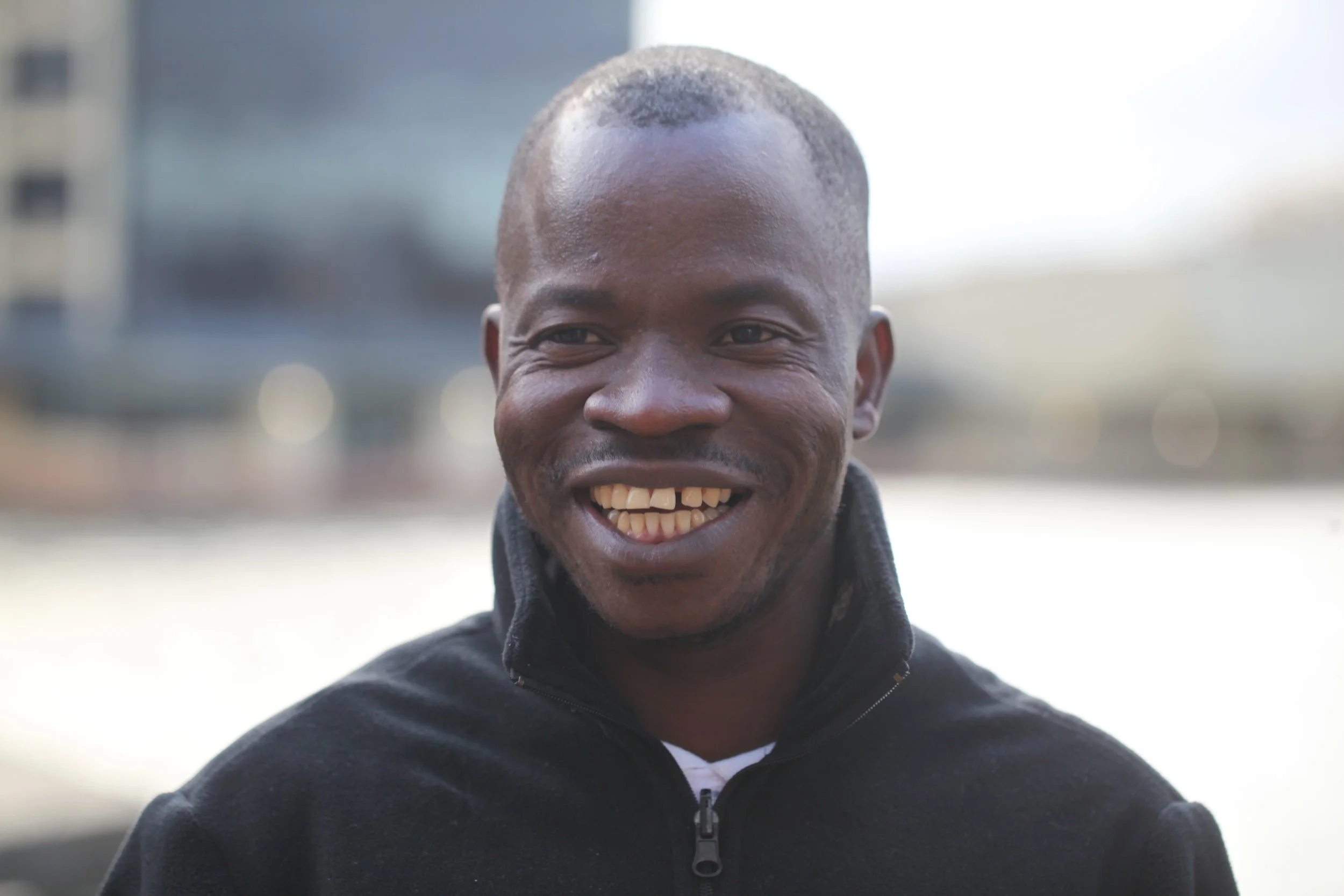
Human Rights Leadership Incubator
The University of York’s UNESCO HRD Hub is developing research and training to build leadership capacities and support for human rights defenders, activists and academics.
The UNESCO Chair has adopted leadership development as a core priority area in its training and capacity building. Our focus reflects a growing awarness that systems and tools to support leadership practice and development in human rights are limited. Yet these remain more urgent than ever amidst the myriad of human rights crises we face today. At the UNESCO HRD Hub, we focus on leadership in terms of a number of themes in human rights practice, including:
The charactaristics, qualities, and styles of leadership
Values and ethics in human rights leadership
Leadership and its relationship to practices of wellbeing and resilience
Leadership, risk, crises and emergencies
Culture and leadership
Identity, power, intersectionality and leadership
What makes a good human rights leader? We asked Chris Opio at the Oil Refinery Residents Association in Uganda
What is leadership in human rights and what are its challenges? We asked Laura Miti (Alliance for Community Action, Zambia) and Subhash Chandra (War Resisters’ International)
“Human rights organisations and networks, large or small, all rely on some form of leadership (whether formal or informal, hierarchical or more collaborative). But just as there is a lack of information about what leadership means for defending, human rights organisations usually have very little resources available to nurture those who have or who could have leadership responsibilities.”
Human Rights Leadership in Challenging Times: An Agenda for Research and Practice
Human Rights Leadership: Towards a Research and Practice Agenda for Challenging Times
CAHR’s leadership work in focus
Human Rights Leadership in Challenging Times
This action research project worked with 20 human rights defenders to explore questions of leadership in a human rights setting and to apply emerging insights and lessons in their leadership practice. The study took place between January 2023-December 2023. The study group was made up of defenders from different geographic regions, organisational settings and working on a range of human rights issues, from civil and political rights to land and environmental rights.
The project’s key insights are:
Leadership is a contested topic among human rights defenders. Some defenders are comfortable to identify themselves as leaders and others less so.
Leaders are overseeing organisational adaptations in response to changing contexts that are about making individuals and organisations less of a target and mitigating risks. The main challenges to leadership and organisational functioning include weak financial resilience and limited reflective practice in organisational settings.
Natalia Zvyagina, human rights defender
Elena Levina, human rights defender
Gender and other hierarchies or social signifiers within the human rights movement can undermine human rights work and women’s leadership, while efforts to address this can cause backlash and intimidation from colleagues within the movement.
For most participants, the civic or operating space for defenders’ work or activism had ‘deteriorated’ or ‘significantly deteriorated’ over the past five years, with implications for their choices as leaders for themselves and for their organisations / networks.
Arising from the dialogues within the project, this project offers a provisional definition of ‘good human rights leadership’ as:
multidimensional, characterised by the leading of oneself, the leading of others, leading with others and leading for others on the basis of particular values (especially dignity, fairness and equality) that are also expressed through practice. Yet in decision making and action, human rights leaders must navigate and negotiate between different values and priorities, such as equality in decision making and protection of staff, that can be sources of tension, disagreement and conflict in teams. Good human rights leaders are attentive to the ways that social signifiers, such as gender and class, as well as organisational culture and local and wider culture may shape their leadership and relationships between people within organisations and movements. Human rights leadership is often emergent rather than planned or necessarily desired: activists can find themselves in leadership positions due to force of circumstance and without training, often having to navigate complex organisational and political contexts that are uncertain, repressive and sometimes violent. Qualities that are especially important in challenging times include resilience and adaptability. Good human rights leadership is inherently reflective, honest, and characterised by awareness and learning.
In the Human Rights Leadership podcast series we meet with human rights defenders and activists to learn about their work and practice. We don’t just dwell on problems; we are concerned to understand how leadership can help human rights organisations, and the movement more broadly, emerge positively from the myriad of crises in human rights today.








